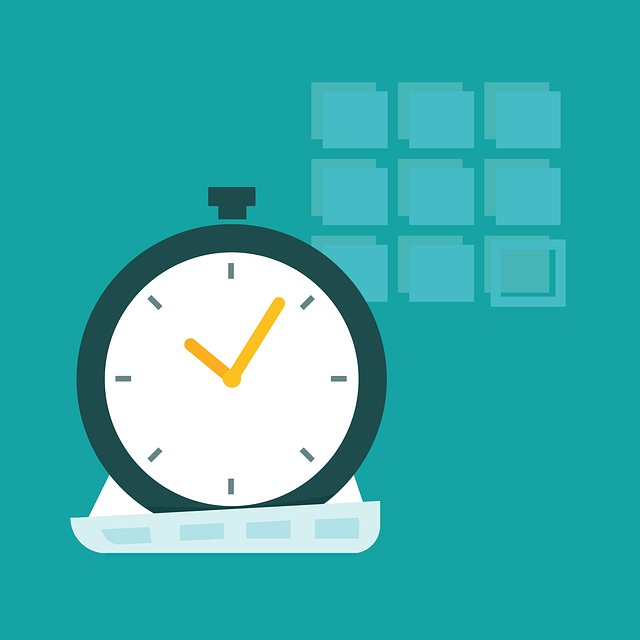Stress management involves recognizing triggers through journaling, identifying stressors, and implementing strategies like work boundaries, financial goals, and relationship communication. Mindfulness, meditation, physical activity (30 mins daily), quality sleep (7-9 hrs), and relaxation techniques reduce stress levels, improve well-being, and enhance resilience to life pressures.
“In today’s fast-paced world, stress has become an all too common companion. But effective stress management is not just about coping; it’s about thriving amidst life’s challenges. This article explores powerful techniques to reclaim control over your daily stress. We’ll delve into identifying hidden triggers, mastering mindfulness and meditation, incorporating regular physical activity, and prioritizing sleep as essential tools for a balanced lifestyle. Embrace these strategies for a more serene and fulfilling life.”
Identify Stress Triggers and Sources
Stress is an inevitable part of daily life, but understanding your personal triggers and sources can empower you with effective stress management tools. The first step in managing stress is to identify what sets it off. This could be work-related pressures, financial worries, personal relationships, or even everyday tasks that feel overwhelming. By keeping a journal to record stressful events and the emotions they evoke, you can start to recognize patterns and identify specific triggers.
Once these triggers are identified, you can begin to develop strategies to tackle them head-on. This might involve setting boundaries at work, prioritizing financial goals, or finding healthy ways to communicate within relationships. Keeping a mindful eye on your stress levels throughout the day can help you stay one step ahead, ensuring that small stresses don’t build up into larger, more manageable issues.
Practice Mindfulness and Meditation
Mindfulness and meditation are powerful tools in the arsenal against daily stress. By focusing on the present moment, these practices help individuals detach from anxious thoughts about the past or future, fostering a sense of calm and clarity. Incorporating just a few minutes of mindful breathing exercises or guided meditation into your routine can significantly reduce stress levels over time.
Mindfulness encourages observing your thoughts and feelings without judgment, allowing you to recognize triggers for stress and develop healthier responses. Meditation, on the other hand, trains your mind to focus and increases mental resilience, enabling better coping strategies when faced with challenging situations. Regular practice has been shown to lower blood pressure, improve sleep quality, and enhance overall well-being—all crucial elements in effective stress management.
Engage in Regular Physical Activity
Regular physical activity is a powerful tool in your stress management arsenal. Engaging in exercise releases endorphins, often referred to as ‘feel-good’ hormones, which can significantly improve your mood and reduce feelings of stress and anxiety. Even moderate activities like brisk walking, swimming, or cycling for 30 minutes daily can make a noticeable difference. These activities not only boost your physical health but also provide a mental break from stressful thoughts, allowing you to clear your mind and gain perspective.
Incorporating exercise into your routine can be as simple as taking a walk during lunch breaks, joining a local sports team, or following online workout videos. Consistency is key; aim for activities you enjoy so that you look forward to them daily. By making physical activity a non-negotiable part of your day, you’re investing in your overall well-being and equipping yourself with an effective stress management strategy.
Prioritize Sleep and Relaxation Techniques
Prioritizing sleep and incorporating relaxation techniques are fundamental aspects of effective stress management. In today’s fast-paced world, where demands on our time and energy can be relentless, ensuring adequate rest becomes a strategic act. Aim for 7-9 hours of uninterrupted sleep each night to allow your body and mind to recharge. This foundational step is crucial in building resilience against the daily pressures that contribute to stress.
Consider incorporating practices such as deep breathing exercises, meditation, yoga, or progressive muscle relaxation into your routine. These techniques activate your body’s natural relaxation response, reducing cortisol levels and promoting a sense of calm. By dedicating even just 10-15 minutes per day to these practices, you can significantly enhance your ability to navigate life’s challenges with composure and reduce the negative impact of stress on both your physical and mental well-being.
By identifying your stress triggers, incorporating mindfulness practices, staying active, and prioritizing sleep, you can effectively manage daily stress. These techniques empower you to navigate life’s challenges with resilience and promote overall well-being. Remember, stress management is a personal journey, so experiment with different strategies to find what works best for you.
